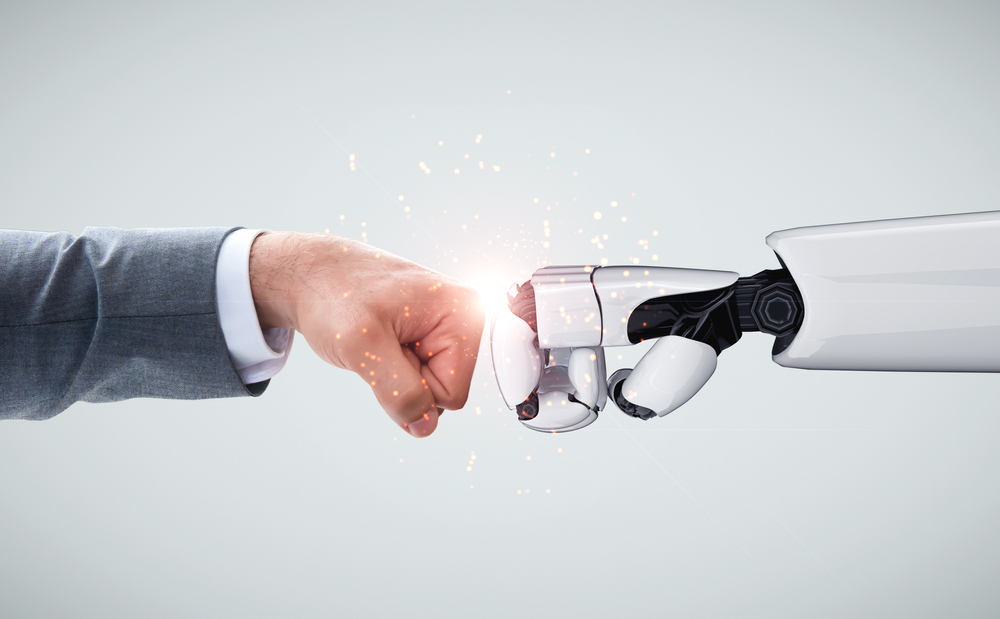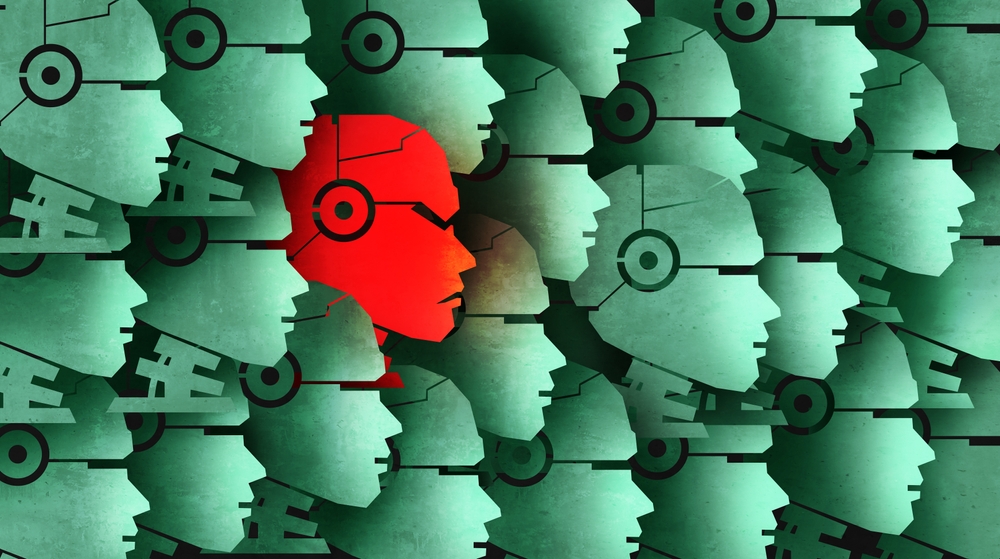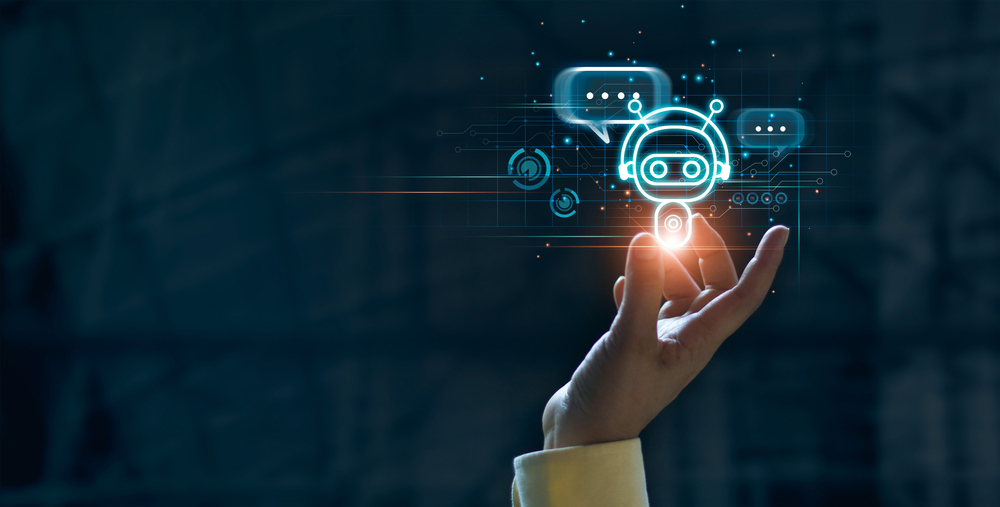It has recently been published that Open AI’s CEO Sam Altman asked the EU for softer AI regulations. Some people may find this request scary, an additional reason to fear Artificial Intelligence. Others may see it as another step towards a more fantastic future. So, which is it, then? I think the best way to help you make up your mind is to tell you about some AI technologies that will enter our lives in the years to come. Let’s take a journey into the future!
I am Ofir Bar, an investor with about a quarter of a century of experience in worldwide markets, and a special interest in entrepreneurship and innovation. Like many in the financial sector, the development and influences of AI on our lives fascinate me. Are we humans set to become obsolete? Will mankind end up as yet another ‘Black Mirror’ episode? Or are all these predictions given by false prophets of apocalypse? I think it’s best to let you decide for yourself.

Source: Shutterstock
The power of good
In 2003, the human genome mapping project ended, opening for the first time the gate for personalized medicine. 20 years have passed since, but this aspiration has remained unfulfilled. However, now that AI is in business, we are about to march through that gate into the unexplored territories behind it. Nowadays, for example, there’s already an AI technology that synthesizes individualized therapies for patients, but it has not been implemented yet. That’s not all, though: AI may soon enough be able to make clinical trials obsolete by synthesizing and predicting personalized modalities in near real-time.
Many people still don’t believe that AI is capable of actual creativity and outside-of-the-box thinking, but it’s undoubted that it can make immense calculations way faster than we can. That’s why letting AI take part in experiments can take human development to a whole new level. As the scale of the things we study widens (e.g. black matter and subatomic particles), the concern about our limited ability to catch up deepens. In the next decade or so, AI is set to help us step up in the research of such fields.

Source: Shutterstock
The power of evil
My first argument against further implementation of AI into our daily lives has a lot to do with things I see around me on a daily basis: social manipulation using algorithms. It’s not a secret that these days, many politicians and tycoons use social media and search engines to direct public opinion to their liking in order to acquire more power and money. In many cases, this is done with the cooperation of those in charge of these platforms. AI is already taking part in social media, but it’s set to become even more involved in it. This might lead to an ‘optimized’, scary version of ‘divide and conquer’, or even to extreme regimes and crumbling societies, as we can already see happening today in so many countries.
People with bad intentions are notorious for using potentially ‘good’ inventions for malicious purposes. Just like how Alfred Nobel’s tunnel-digging dynamite was eventually used to kill men in wars, it’s not absurd to believe that AI might be used as a weapon by power-driven people: It can surely be implemented into weapon systems so that they can locate a target and fire, abiding only to some terms embedded into the system. You may think that AI might be used as a weapon only by terrorists and mad tyrants. However, I’m not naive enough to believe that democratic powerhouses will abstain from reaching this type of military supremacy.

Source: Shutterstock
Who’s in charge?
Technology has always tended to develop exponentially, unlike our biology. That’s a big issue because this might lead to us losing control over it and that can backfire on us - just like in ‘Frankenstein’. Well, actually, we’ve already started losing control over it. Will mankind learn how to harness the immense power of AI technology, or will it be run over by it? Only time will tell. Personally, I believe that in the long run, we will learn how to coexist with technology. But that will only happen if the right people have access to this potentially unlimited source of power.